2022 MIAL milestones
Almost three years after anyone first heard of COVID-19, I’m not sure there is anyone who isn’t tired of hearing about the pandemic, unprecedented times, and lockdowns. While much of the trauma of the past 3 years is behind us, the long tail of COVID is still being felt through chronic skills shortages and supply chain bottlenecks.
In addition to the small matter of a global pandemic, the maritime industry has had quite the year. With an election looming, the ALP reaffirmed its commitment to the maritime strategic fleet in January 2022, to address the decline of Australian flagged ships and the many vulnerabilities that has
created for Australia or were exacerbated as a result of the pandemic.
The ALP announcement was very welcome – a maritime strategic fleet will provide security of key supply chains; jobs for highly sought-after maritime skills; and economic stimulus to the nation.
While the current supply shortages, high freight rates and delays are well-known to be symptomatic of the pandemic, less well understood is how perilously close the international shipping industry came to complete shutdown. During 2020 as the COVID crisis pushed maritime crews beyond their limits, the realistic prospect of crews stopping work en masse very fortunately was not realised. This would have been disastrous, critically affecting the supply of goods including essential medical supplies.
The ongoing impact to seafarers has been far beyond what any professional could or should withstand, and that was emphasised in the annual Shipping Industry Flag State Performance Table from the International Chamber of Shipping (ICS) released in January. The provisions of the Maritime Labour
Convention (MLC), frequently referenced as the seafarers bill of rights, were often temporarily overridden by national interest considerations, prioritising protection of the local communities from potential infection from COVID-19 over the wellbeing of those who continued to work ships to ensure international
trade could continue.
Guy Platten, ICS Secretary General, commented: “The pandemic has been a challenge for us all and one that Flag States have also had to weather. However, the drop off in reporting against ILO Labour Standards, including the MLC, is further evidence that seafarer wellbeing has been an unintended casualty
of the pandemic.
Hundreds of thousands of seafarers have been trapped on ships for many months beyond their scheduled tours of duty throughout the last two years. This report is a reminder that Flag States must keep seafarer wellbeing as a top priority.”
The end of January brought with it a new drama locally with rains and flooding damaging the East-West freight link demonstrating the vulnerabilities in Australia’s supply chain and the potential for a strategic fleet to provide resilience to our supply chains. In response, Barnaby Joyce, Minister for Infrastructure, Transport, Regional Development in the previous Government, signed a Section 11 exemption from the Coastal Trading (Revitalising Australian Shipping) Act 2012 for voyages between eastern states and territories and Western Australia that was valid from February 2022 to 31 March 2022.
Recognising the resulting risks to the WA economy and community, the WA premier announced the establishment of a Shipping and Supply Chain Taskforce to examine the resilience of Australia’s shipping industry and vital supply chains. At the time of writing, the work of the WA Taskforce is ongoing.
On Thursday 24 February 2022, Russia invaded Ukraine. Tension had been mounting since 2014, but the invasion caused Europe’s largest refugee crisis since World War II. In an already perilous situation due to COVID-19, the Ukraine War shone a light on how crises can impact global shipping.
We saw many shipping companies caught in the crosshairs of the Western sanctions targeting Russia’s economy. Russian controlled ships are being directly sanctioned, hitting tankers and LNG carriers. This adds pressure to the number of available ships that can be used for trade worldwide. In this situation, countries may call in their ships to ensure their own supply, increasing the risk of Australia being unable to access vital goods.
Months on from the invasion, Australia remains in the same position of uncertainty.
In April, MIAL held the inaugural Maritime Decarbonisation Summit. The first event of the MIAL Decarbonisation Summit Series was held in Melbourne on 27 April 2022 and was attended by a range of industry and government stakeholders, including MIAL members, the wider maritime industry, energy and service providers and representatives from the Department of Infrastructure, Transport, Regional Development and Communications, The Department of Foreign Affairs and Trade and AMSA.
The summit series has been incredibly well-received, and is the first new energy focussed forum in Australia with an emphasis on the new energy needs of the shipping industry.
MIAL aims to use this summit series to help build critical networks of key stakeholders within the maritime industry, new energy providers and relevant government agencies and departments to consult,
collaborate and improve strategic coordination to ensure the path to decarbonisation of the maritime industry is as rapid and efficient as it needs to be.
With May came the new bipartisan environment that is so critical to successful shipping policy. Minister Joyce announced that to increase our nation’s sovereign maritime capability, a re-elected coalition government would make the required changes to the tax settings applicable to Australian shipping businesses to allow them to compete on a level playing field with foreign ships.
This bipartisan commitment to arrest the decline of Australian flagged ships, signalled just how vital the maritime industry is to our national security and was warmly welcomed by MIAL. With just 13 commercial vessels left, soon to be 9, the announcement couldn’t have come sooner.
A few weeks later, the ALP formed a majority government. With the ALP having already committed to bolstering the Australian shipping industry, via the maritime strategic fleet, we are in a strong position to focus on getting key improvements implemented quickly.
The International Labour Organization (ILO) met in Geneva for Part II of the Fourth Meeting of the Special Tripartite Committee (STC) of the Maritime Labour Convention (MLC). This saw a record eight amendments agreed to the MLC, to come into force in December 2024. Many of the amendments sought to clarify and strengthen pre-existing obligations which had not been adhered to throughout the pandemic.
MIAL Chairman, Allen Dobie and the MIAL CEO represented the Australian industry at a series of important International Chamber of Shipping (ICS) events in London in June, including the ICS Centenary celebration, the ICS Annual General Meeting, and the Shaping the Future of Shipping Summit. The Shaping the Future of Shipping Summit brought together 200 senior leaders from across the global shipping value chain, including shipowners, financiers, policy makers, fuel suppliers, ports, P&I clubs, and classification societies, to address pressing decarbonisation challenges and identify practical solutions to
ensure zero-carbon emission goals are achieved for the sector.
In July, we farewelled Teresa Lloyd from MIAL as she moved on to other things after nearly 20 years representing the interests of the Australian shipping industry. Angela Gillham was appointed our new CEO from 1 July. Angela also has nearly 20 years of service at MIAL, and a proven track record of delivering outcomes of vital importance. A highly respected industry leader and expert in a broad range of shipping industry policy and regulatory issues, Angela is steadfast in her agenda for action on decarbonisation and
rebuilding Australia’s maritime capability.
The long-awaited draft report of phase 1 of the Independent Review of Domestic Commercial Vessel Safety Legislation and Costs and Charges was released in August with some interesting conclusions. MIAL will be continuing our engagement with the review panel on this draft report and as the panel moves on to phase 2 of the review, which will look at costs and charging.
The Seacare scheme, so long appearing to die a slow and painful death due to its scale being about 30 times smaller than the 2nd smallest scheme in Australia, imploded. The private sector insurance market abandoned the scheme, for which they had long written policies between 2-5 times more expensive than those under a state and territory scheme, while providing next to no claims management services. That insurers would not continue to be involved on those terms tells objective observers all they need to know about the appropriateness of this scheme in 2022.
MIAL hopes that the new Federal Government will see the continuation of this scheme as the unnecessary and unjustifiable disincentive for investment in the Australian industry that it is. Directing Australian employers and their employees to coverage under state and territory schemes, where almost all other Australian workers find their entitlements to workers compensation benefits and work health and safety protections is the natural solution.
Since at the helm, Angela has led the MIAL team strategically to continue placing pressure on the government to deliver on promises for a strategic fleet, ensuring MIAL continues working towards policy and solutions for decarbonisation and touching base with our members to represent issues important to them and the industry as a whole.
With the year far from over, and already so much having taken place, we’re sure to see many more
developments on these critical issues in the coming months.

